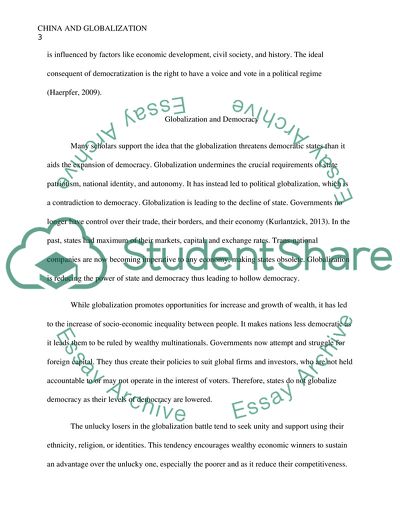Cite this document
(Asian studies, China and globalization Essay Example | Topics and Well Written Essays - 1750 words, n.d.)
Asian studies, China and globalization Essay Example | Topics and Well Written Essays - 1750 words. https://studentshare.org/miscellaneous/1844975-asian-studies-china-and-globalization
Asian studies, China and globalization Essay Example | Topics and Well Written Essays - 1750 words. https://studentshare.org/miscellaneous/1844975-asian-studies-china-and-globalization
(Asian Studies, China and Globalization Essay Example | Topics and Well Written Essays - 1750 Words)
Asian Studies, China and Globalization Essay Example | Topics and Well Written Essays - 1750 Words. https://studentshare.org/miscellaneous/1844975-asian-studies-china-and-globalization.
Asian Studies, China and Globalization Essay Example | Topics and Well Written Essays - 1750 Words. https://studentshare.org/miscellaneous/1844975-asian-studies-china-and-globalization.
“Asian Studies, China and Globalization Essay Example | Topics and Well Written Essays - 1750 Words”. https://studentshare.org/miscellaneous/1844975-asian-studies-china-and-globalization.


